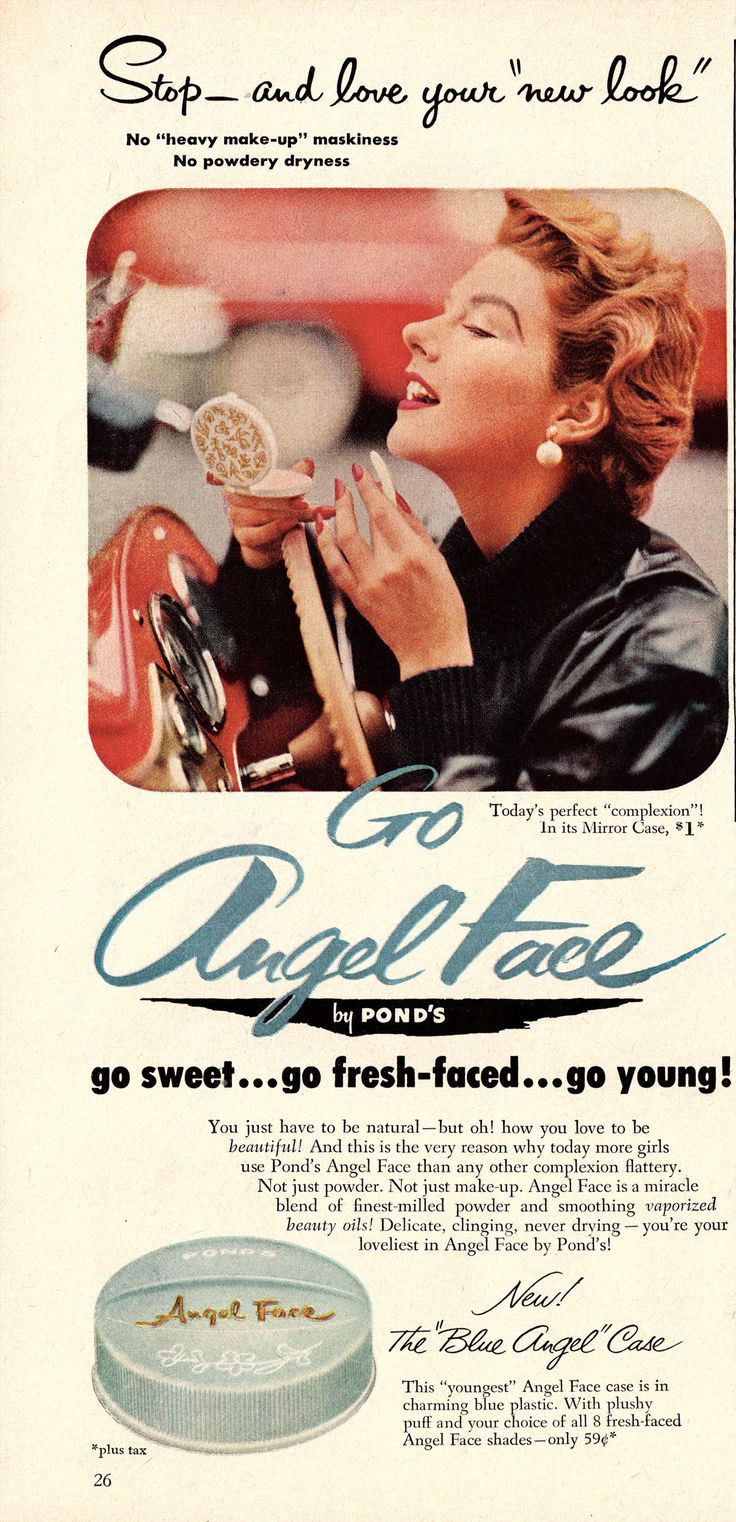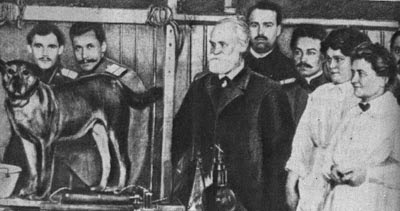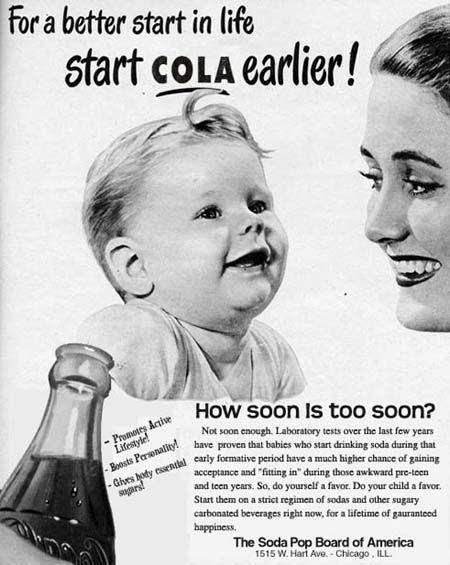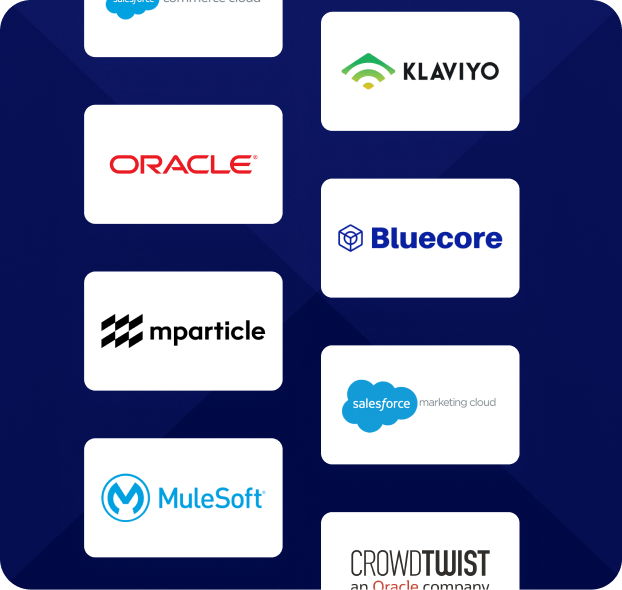The Marketing Psychology Behind Successful Marketing Campaigns
Most modern-day marketers don’t think about it too often, but our entire career field is built upon the principles of marketing psychology. John B Watson, born in 1878, is one of the fathers of modern marketing, and he spent his entire career studying and utilizing ethical psychological methods to influence customer behavior. His successful campaigns include advertising for Pond’s Cold Cream and Pembco Toothpaste. He took an approach that appealed not to his customer’s rational thoughts, but instead, his campaigns appealed to their emotions and stimulated a desire for the product.
At the same time that Watson was in the process of creating the field of marketing and exploring the themes of marketing psychology, another famous advertiser and psychologist, Walter Dill Scott, was also making a splash on the scene. Scott was motivated to create a template for successful advertising, and his approach was firmly rooted in psychological principles marketers still use today.
Scott outlined the ideal steps of an advertising campaign, and set the following goals, which became the basis of marketing initiatives worldwide:
Capture the Viewer’s Attention
Despite all the years that have passed since Scott created his ideal steps of advertising, modern-day marketers still know that capturing a customer’s attention is one of the most important parts of your campaign. While the tactics to gain viewer’s attention may have changed since the early 1900s, the core component of this strategy is still the same. By creating intrigue, or curiosity surrounding your message, you ensure your readers will open your email or click through to your campaign.
Curiosity is such a powerful force of psychology that it still stands as one of the backbones of any strong marketing campaign. Further study into the effectiveness of creating curiosity has shown that the brain chemicals released when curiosity is satiated are similar to those released during memory production. Scott may not have known it back then, but when you capture the viewer’s attention with curiosity, they’re more likely to remember whatever message you serve up at the end of your campaign. Modern day marketing tactics like reveal marketing are firmly rooted in these psychological principles of the past.

Create Positive Feelings in the Consumer Surrounding Your Message or Product
Another core tenet of Scott’s approach to marketing involved creating positive feelings and associations in the customer surrounding your advertising campaigns or the product itself. Scott came onto the psychology scene only a few years after Ivan Pavlov had discovered the base components of operant conditioning. Pavlov’s famous dog experiment proved that you can create associations between images or sounds, and positive or negative effects on mood and behavior. This theory is known as operant conditioning, and it remains as one of the core components of marketing campaigns today.
Modern day marketers use operant conditioning through approaches like reveal marketing, which requires the viewer to interact with your message to uncover a hidden portion of your marketing campaign or to gain access to a discount offer. By conditioning your customer’s to always interact with your marketing in hopes of gaining an awesome discount, you’re keeping the marketing psychology of the past relevant in today’s busy digital world.

Create Desire in the Consumer by Calling Upon Their Emotions
I’m sure back in the day, Scott could have never predicted an emotion as powerful and effective in marketing as FOMO, or the fear of missing out. Despite FOMO not being added to the dictionary until 2013, Scott’s ideas conceived at the beginning of the 1900s, already foresaw how emotion might play a large role in marketing effectiveness. Over the years, advertising campaigns have sought to evoke a variety of emotions including lust, envy, fear, and joy. FOMO is the modern marketer’s best tool for creating a desire in their customers. By evoking your reader’s fear of missing out, you invite them to become emotionally invested in your campaign, which boosts engagement and helps you create more revenue.
Combine the power of an emotion like FOMO with the effectiveness of reveal marketing campaigns, and watch your interaction climb through the roof. Modern-day consumers expect digitally savvy campaigns that invite them to interact at every step along the way and reveal marketing fulfills those desires without losing sight of the core principles of marketing psychology that our entire field are built upon.

From the early 1900’s to today, marketing has changed in many ways, but the effectiveness of utilizing psychology in your campaigns has remained the same. Reveal marketing is the 21st century’s response to the great marketing ideas of the past. Marketers operating in the internet age have been able to successfully transform the psychological principles handed down by industry thought leaders over 100 years ago into campaigns that speak to the modern consumer. Learn more about reveal marketing and how it was created with these psychological principles in mind by taking our reveal marketing 101 course or checking out our academy today.
Grow your business and total sales





